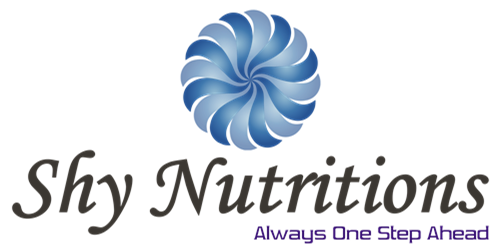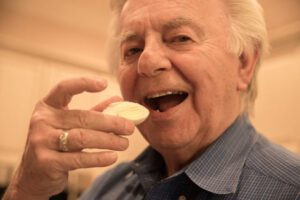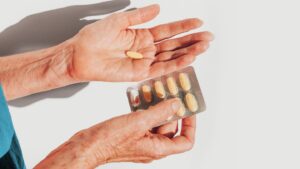As people age, they become more susceptible to iron-deficiency anemia due to factors such as reduced iron intake and absorption, chronic diseases, and medication use. Therefore, it is important for elderly people to consume iron-rich foods to maintain optimal health. Here are some of the best iron-rich foods for elderly people:
- Red meat: Beef, lamb, and pork are good sources of heme iron, which is more easily absorbed by the body compared to non-heme iron.
- Poultry: Chicken and turkey are also good sources of heme iron.
- Seafood: Oysters, clams, shrimp, and sardines are all high in iron.
- Beans: Kidney beans, black beans, chickpeas, and lentils are excellent sources of non-heme iron.
- Fortified cereals: Many cereals are fortified with iron, which makes them a convenient source of this essential mineral.
- Tofu: Tofu is a good source of non-heme iron, especially if it is made with calcium sulfate.
- Dark leafy greens: Spinach, kale, and collard greens are all high in iron.
- Nuts and seeds: Pumpkin seeds, sesame seeds, cashews, and almonds are all good sources of iron.
- Dried fruit: Raisins, apricots, and prunes are all high in iron.
- Quinoa: This ancient grain is a good source of non-heme iron.
It’s important to note that some foods, like dairy products and tea, can inhibit iron absorption. Therefore, it’s best to consume iron-rich foods separately from these items.
In conclusion, incorporating iron-rich foods into the diet is essential for elderly people to maintain optimal health and prevent iron-deficiency anemia.




